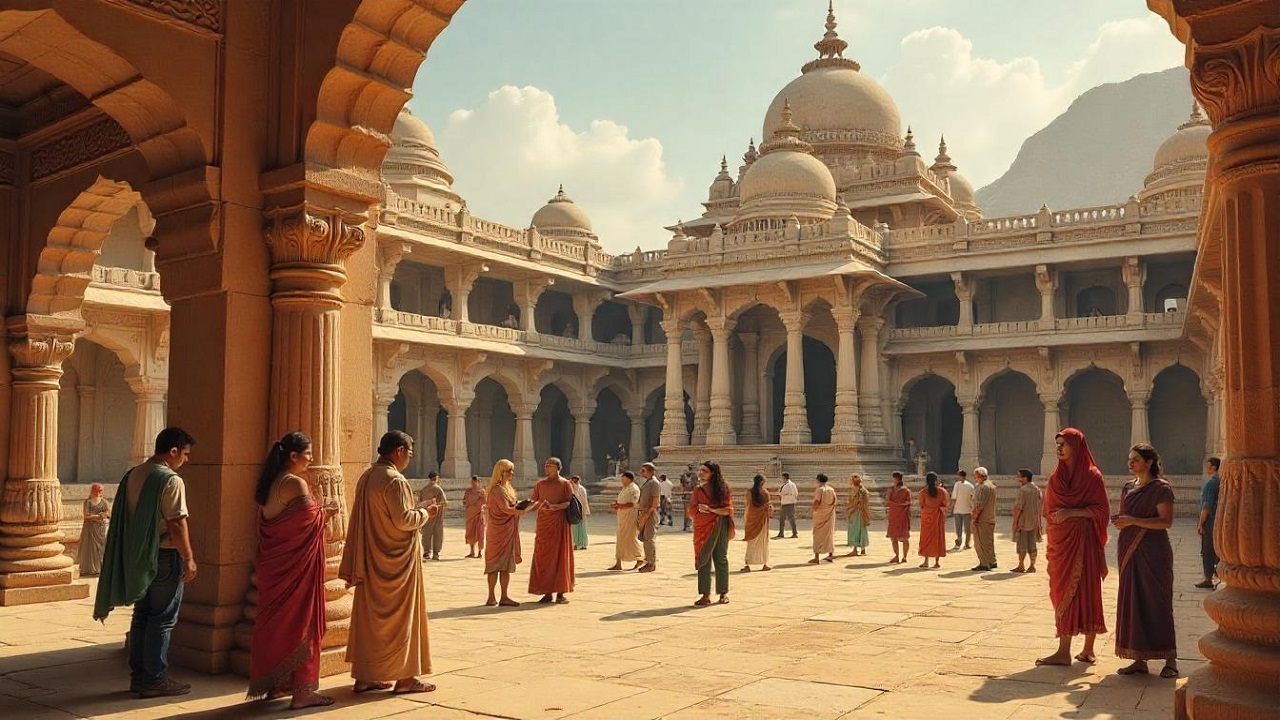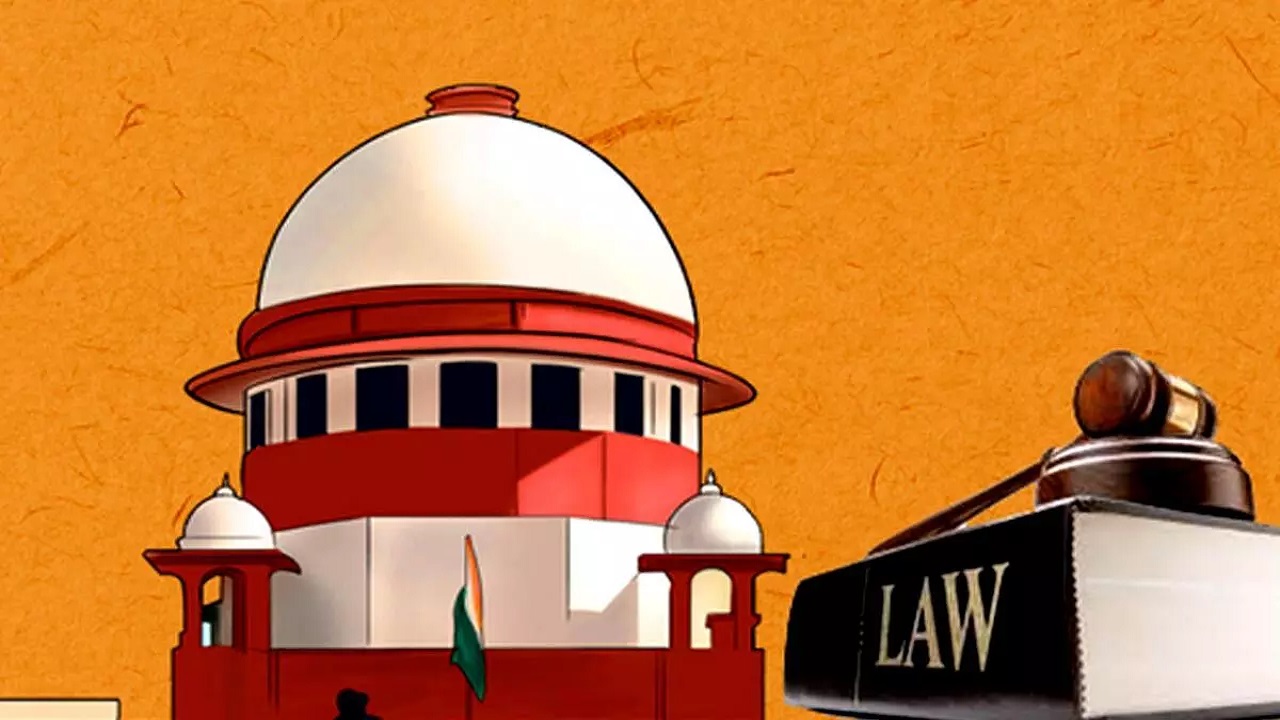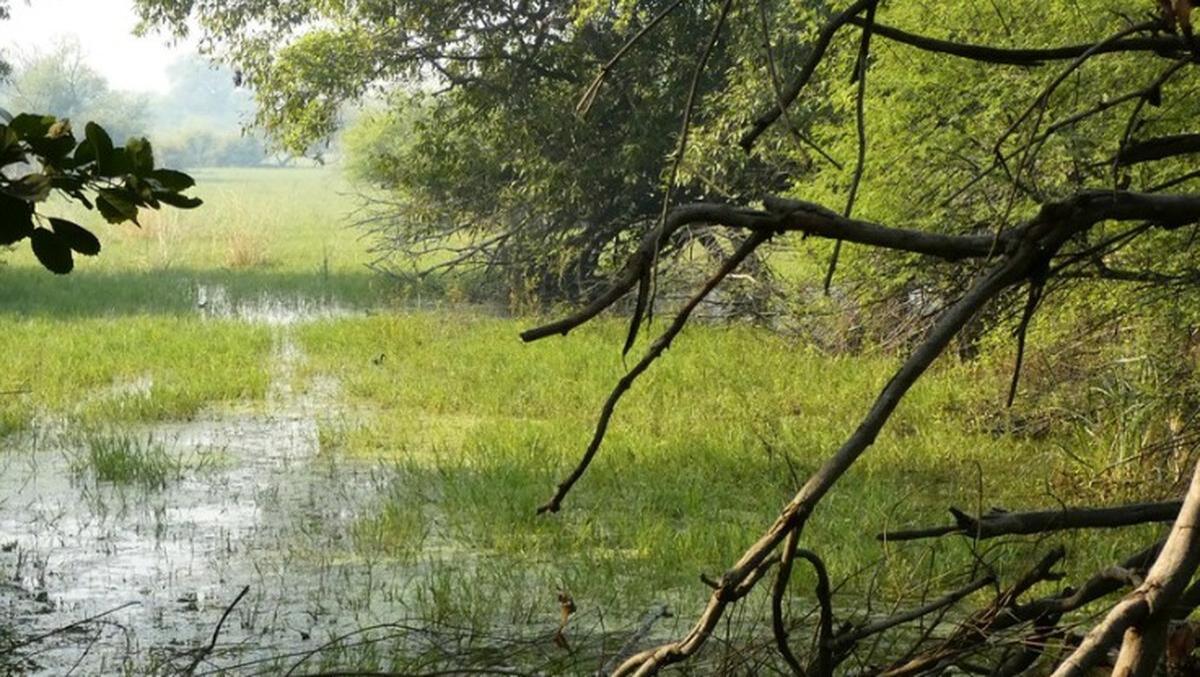Preserving India’s Intellectual Heritage
The Union Minister for Culture and Tourism, in Lok Sabha, highlighted efforts to preserve India’s Ancient Knowledge Centres, which once led advancements in philosophy, mathematics, medicine, and literature. Despite invasions, these traditions endured through oral transmission, migration of scholars, and foreign translations.
Ancient Knowledge Systems
- Literature – Vedas, Upanishads, Jataka tales, Panchatantra, Thirukkural, Vachanas.
- Philosophy – Āstika (Vedanta, Yoga) and Nāstika (Buddhism, Jainism) schools.
- Sciences – Mathematics (zero, decimal system), Ayurveda, Alchemy, Yoga.
Ancient Knowledge Centres
- Takshashila (Pakistan) – 6th BCE – 5th CE, scholars like Chanakya, Charaka, Pāṇini.
- Nalanda (Bihar) – Founded by Kumaragupta I, documented by Xuanzang.
- Vikramashila (Bihar) – 8th–12th CE, Vajrayana Buddhism.
- Odantapuri (Bihar) – Founded by Gopala I, 8th–12th CE.
- Vallabhi (Gujarat) – 600–1200 CE, focused on Buddhist philosophy, medicine, law.
Survival of Ancient Knowledge
- Oral Tradition – Guru-Shishya parampara.
- Migration of Scholars – Knowledge spread to Tibet, China, Southeast Asia.
- Religious Institutions – Monasteries preserved texts.
- Foreign Records – Xuanzang, Al-Biruni translated texts.
- New Learning Hubs – Varanasi, Kanchipuram.
- Global Integration – Concepts in mathematics, Ayurveda influenced Islamic & European scholars.
Government Initiatives
IGNCA (1987) – Research and restoration of Indian knowledge systems.
- Vedic Heritage Portal (2023) – Digital repository of Vedas, Upanishads.
- Project 'Mausam' – Reviving ancient maritime trade links.
- Indian Knowledge Systems (IKS) Initiative – Integrating Vedic maths, Ayurveda, Yoga into education.
- Divisions of IGNCA – Kalanidhi (research), Kalakosa (publications), Janapada Sampada (folk arts), Kaladarsana (exhibitions), Cultural Informatics (digital archives).
Conclusion
Despite historical destruction, India's intellectual traditions survived through adaptation and integration. Government efforts, especially IGNCA, focus on reviving and preserving these traditions for future generations.




Comments (0)